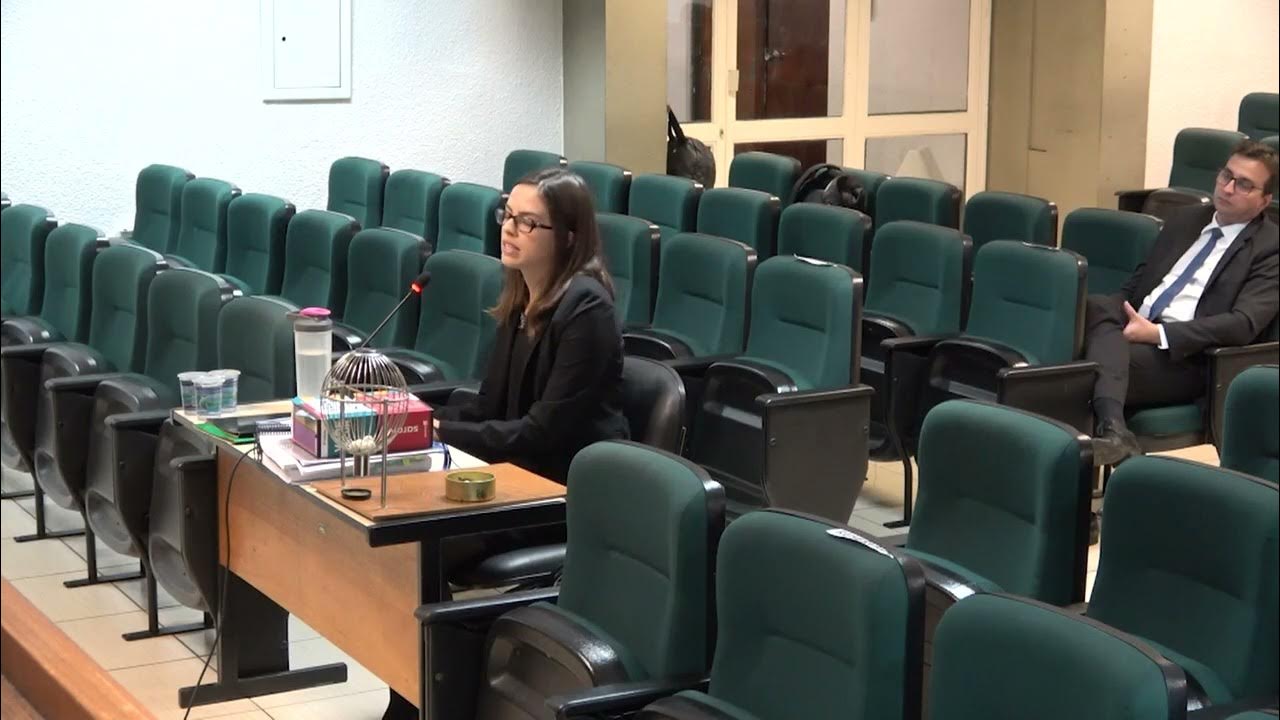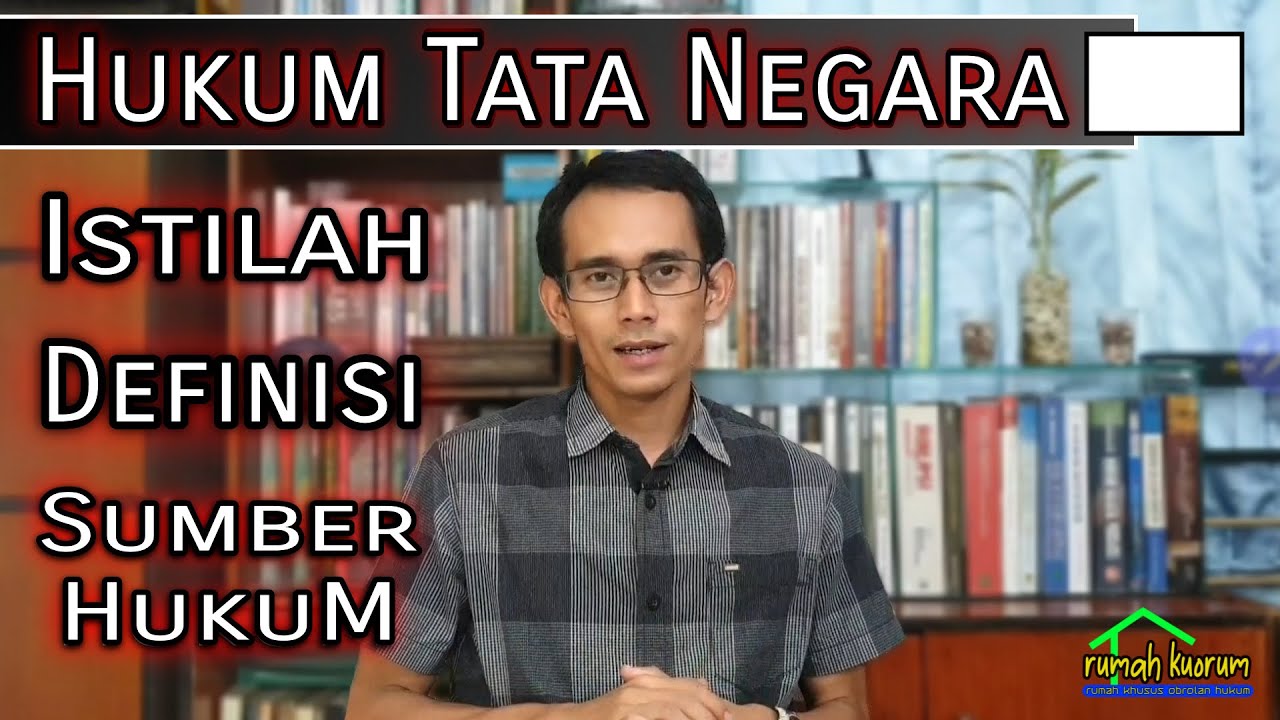Ang Philippine Bill of Rights ng 1987 Philippine Constitution (PART 1)
Summary
TLDRThis video script explores various aspects of constitutional law, focusing on the balance between government authority and individual liberties. It discusses the constitutional principles of sovereignty, liberty, and the Bill of Rights in different contexts, including the Philippines and the United States. Key topics include the protection of individual rights against unlawful search and seizure, the right to privacy, freedom of speech and assembly, and the freedom of religion. The script highlights the importance of due process and legal protections in maintaining a just society, emphasizing the need for citizens to understand and advocate for their rights.
Takeaways
- 📜 The Bill of Rights is central to protecting individual liberties in the Constitution.
- 🛑 No person shall be deprived of life, liberty, or property without due process of law.
- 🔍 The right against unlawful searches and seizures is protected, and searches require proper warrants.
- 📝 The right to privacy in communication and correspondence is guaranteed and cannot be violated.
- 🗣️ Freedom of speech, expression, and the press is fundamental, and censorship is restricted.
- 👥 The right to peacefully assemble and petition the government is crucial for maintaining democracy.
- 🙏 Freedom of religion is protected, allowing individuals to practice or not practice any religion.
- 🚶♂️ The liberty of abode and the right to travel are safeguarded, with restrictions only under certain conditions.
- 📧 Privacy in personal communication is emphasized, preventing unauthorized access to private messages.
- ⚖️ The Bill of Rights includes protections against unreasonable searches, seizures, and violations of personal freedoms.
Q & A
What does the phrase 'no person shall be deprived of life, liberty, or property without due process of law' from the Philippine Constitution imply?
-This phrase ensures that every individual is entitled to legal procedures and protections before being deprived of their basic rights such as life, liberty, or property. It serves as a safeguard against arbitrary actions by the government.
What rights are protected under the Bill of Rights in the Philippine Constitution?
-The Bill of Rights in the Philippine Constitution protects fundamental rights such as the right to life, liberty, property, protection against unlawful search and seizures, right to privacy, freedom of speech and expression, and freedom of religion, among others.
How does the Bill of Rights address unlawful searches and seizures?
-The Bill of Rights protects individuals from unlawful searches and seizures, meaning that authorities cannot search or seize property without a valid warrant issued by a court, based on probable cause.
What is the significance of the right to privacy of communication and correspondence in the Philippine Constitution?
-The right to privacy of communication and correspondence ensures that personal communications, whether written or spoken, are protected from government intrusion unless there is a valid legal reason for interception or examination.
How does the Philippine Constitution protect freedom of speech and expression?
-The Philippine Constitution protects freedom of speech and expression by allowing individuals to freely express their opinions and ideas without fear of government censorship or punishment, as long as these expressions do not infringe on the rights of others.
What are the limitations on freedom of religion in the Philippine Constitution?
-While freedom of religion is protected, the Philippine Constitution allows for limitations when religious practices violate public order, morality, or the rights of others. This ensures that religious freedom does not become a justification for harmful actions.
What does the right to liberty of abode and the right to travel entail?
-The right to liberty of abode allows individuals to choose where they live, while the right to travel ensures that citizens can move freely within the country or abroad without undue restrictions, except under certain circumstances like public safety or national security.
How does the Bill of Rights protect against the issuance of unlawful warrants?
-The Bill of Rights mandates that warrants can only be issued based on probable cause, supported by an oath or affirmation, and must specifically describe the place to be searched and the persons or things to be seized. This prevents arbitrary searches and seizures.
What is the 'fruit of the poisonous tree' doctrine in relation to the right to privacy?
-The 'fruit of the poisonous tree' doctrine prevents evidence obtained through illegal means, such as unlawful searches or violations of privacy, from being used in court. This doctrine upholds the integrity of legal procedures and individual rights.
What role does the Bill of Rights play in the protection of intangible properties?
-The Bill of Rights extends protection to intangible properties, such as intellectual property and personal information, ensuring that individuals have control over these assets and that they cannot be taken or used without proper legal justification.
Outlines

This section is available to paid users only. Please upgrade to access this part.
Upgrade NowMindmap

This section is available to paid users only. Please upgrade to access this part.
Upgrade NowKeywords

This section is available to paid users only. Please upgrade to access this part.
Upgrade NowHighlights

This section is available to paid users only. Please upgrade to access this part.
Upgrade NowTranscripts

This section is available to paid users only. Please upgrade to access this part.
Upgrade NowBrowse More Related Video

1ª COLOCADA NA PROVA ORAL DELEGADO PCSP - 98 PONTOS - Instagram @julianunesmachadoo

Road to the Constitutional Convention | Constitution 101

Social Studies 9 Government Unit Lesson 3 - Constitution

Kuliah Hukum Pemerintahan Daerah : Hubungan Antar Pemerintahan Daerah

Hukum Tata Negara: Istilah, Definisi dan Sumber-Sumber Hukumnya

PHI HTN
5.0 / 5 (0 votes)